Distinguished Speakers
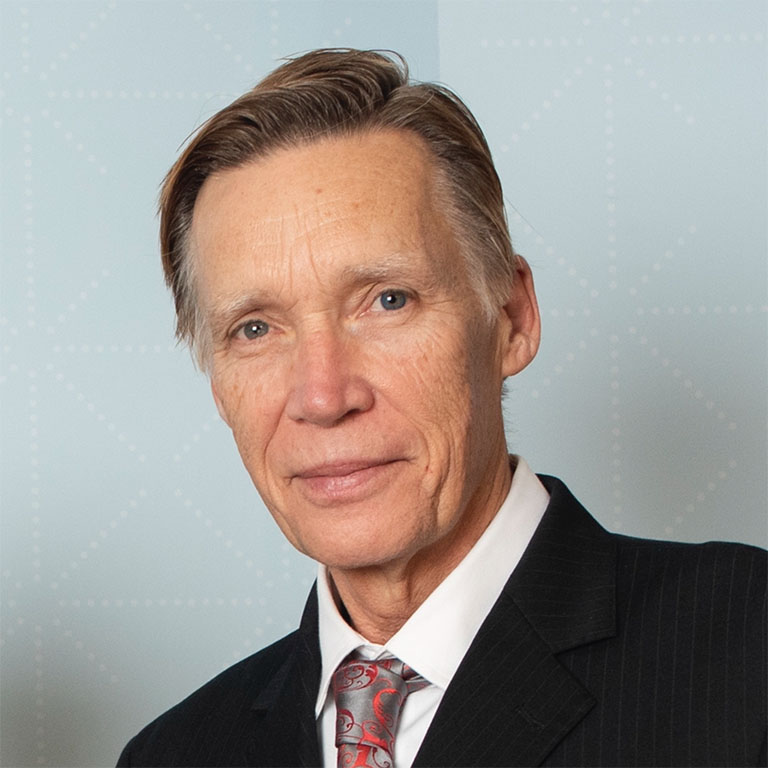
Jerome Busemeyer
Indiana University BloomingtonJerome Busemeyer previously was a Full Professor at Purdue University before 1997, and now is a Distinguished Professor in Psychological and Brain Sciences, Cognitive Science, and Statistics at Indiana University-Bloomington. His research has been funded by the National Science Foundation, and the National Institute of Mental Health, and he served grant review panels for these agencies. He was the Manager of the Cognition and Decision Program at the Air Force Office of Scientific Research in 2005-2007. He has published five books in decision and cognition, and over 100 journal articles across disciplines. He served as the Chief Editor of Journal of Mathematical Psychology, Associate Editor of Psychological Review, and he was the founding Chief Editor of Decision. He won the prestigious Warren medal from the Society of Experimental Psychologists in 2015, and became a fellow of the Cognitive Science Society and the American Academy of Arts and Sciences in 2017. During his early career, he became well known for the development of a dynamic and stochastic model of human decision making called decision field theory. Later, he was one of the pioneers to develop a new approach to cognition based on mathematical principles from quantum theory. In 2012, Cambridge University Press published his book with Peter Bruza introducing this new theory applying quantum probability to model human judgment and decision-making. A second edition of that book will appear in 2024.

Bob Coecke
Bob Coecke was Professor of Quantum Foundations, Logics and Structures 2011-2021, Lecturer of Quantum Computer Science 2007-2011, EPSRC Advenced Research Fellow 2004-2009, Postdoc 2001-2003, and created and headed the Quantum Group, at the Department of Computer Science, University of Oxford. After that, he was Chief Scientist at Quantinuum. At the moment, he is writing two books, and developing quantum music. He is also a Distinguished Visiting Research Chair at the Perimeter Institute for Theoretical Physics.
Keynote Speakers
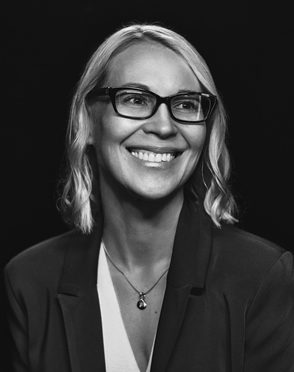
Alexandra Boltasseva
Purdue UniversityRon And Dotty Garvin Tonjes Distinguished Professor Of Electrical and Computer Engineering / Courtesy Appointment in Materials Engineering - Purdue University, Workforce Development Lead - Quantum Science Center

Samuel Yen-Chi Chen
Wells FargoSDr. Samuel Yen-Chi Chen received his Ph.D. and B.S. in physics, and an M.D. in medicine, from National Taiwan University. He is a Lead Research Scientist at Wells Fargo Bank, specializing in quantum machine learning (QML), and formerly an Assistant Computational Scientist at Brookhaven National Laboratory. He pioneered variational quantum circuits for reinforcement learning and invented quantum LSTM. His research spans QML algorithms, quantum error correction, architecture search, and privacy-preserving quantum AI. Dr. Chen has published 100+ papers in IEEE, APS, IOP, and major AI conferences, and is recognized for contributions to QRL, QLSTM, Quantum Fast Weight Programming, and Differentiable Quantum Architecture Search (DiffQAS). His achievements include First Prize in the Xanadu Quantum Technologies Software Competition (2019) and the IEEE QCE 2025 Best Paper Award. He has organized workshops and tutorials at leading IEEE conferences, and his current work focuses on self-evolving quantum agents and structure-aware QNNs for time-series learning and communication systems.

Swati Gupta
Massachusetts Institute of TechnologySwati Gupta is an Associate Professor and the Class of 1947 Career Development Professor at the MIT Sloan School of Management in the Operations Research and Statistics Group. Prior to this, she held a Fouts Family Early Career Professorship as an Assistant Professor at the Stewart School of Industrial & Systems Engineering at Georgia Tech from 2018-2023, where she served as the lead of Ethical AI in the NSF AI Institute on Advances in Optimization from 2021-2023. She received a Ph.D. in Operations Research from MIT in 2017, following a joint Masters and B.Tech in Computer Science from IIT Delhi. Her research bridges optimization, machine learning, and algorithmic fairness, to design algorithms that are both theoretically rigorous and socially impactful, with applications in healthcare, hiring, energy, quantum computing, and beyond. Her work has been recognized by the 2023 NSF CAREER Award, INFORMS Doing Good with OR 2022 (finalist), the JP Morgan Early Career Faculty Recognition in 2021, the NSF CISE Research Initiation Initiative Award in 2019, INFORMS Computing Society 2016 (special recognition), and the INFORMS Service Science Section 2016 (finalist).

Giacomo Nannicini
University of Southern CaliforniaGiacomo Nannicini is an associate professor of Industrial and Systems Engineering and Electrical and Computer Engineering at the University of Southern California, which he joined in 2022. Prior to that, he was a research staff member in the quantum algorithms group at the IBM T. J. Watson Research Center, and an assistant professor in the Engineering Systems and Design pillar at the Singapore University of Technology and Design. His main research interest is optimization and its applications. Giacomo received several awards, including the 2021 Beale--Orchard-Hays prize, the 2015 Robert Faure prize, and the 2012 Glover-Klingman prize.

Ken Robbins
D-Wave SystemsKen Robbins is a technical advisor at D-Wave Systems where he helps businesses realize potential through quantum-powered optimization. He functions as the technical half of a sales team; if he can’t answer your questions he knows someone who can! Before working at D-Wave, Ken got his doctorate in physics, focusing on quantum computing algorithms, from Tufts University.
Invited Speakers
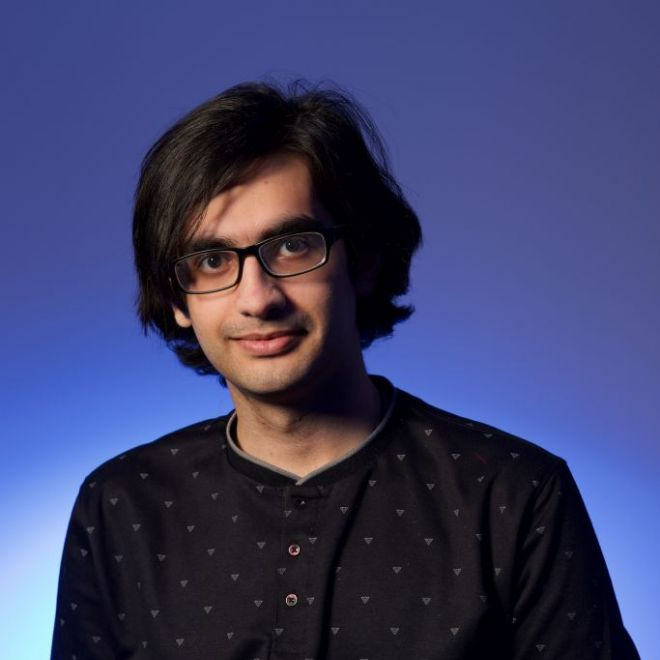
Shouvanik Chakrabarti
JPMorganChaseShouvanik Chakrabarti is an Applied Research Director at the Global Technology Applied Research Center of JPMorganChase, where he leads research efforts in the theory of quantum algorithms. His research aims to understand and develop the potential for quantum algorithmic advantage in industrial computational applications that are not directly connected to the natural sciences, with a special emphasis on applications within the financial industry. He received his Ph.D. in Computer Science from the University of Maryland at College Park, where he was fortunate to be advised by Prof. Xiaodi Wu. His secondary research interest is the application of advanced classical algorithms to problems in quantitative finance, optimization, and machine learning.
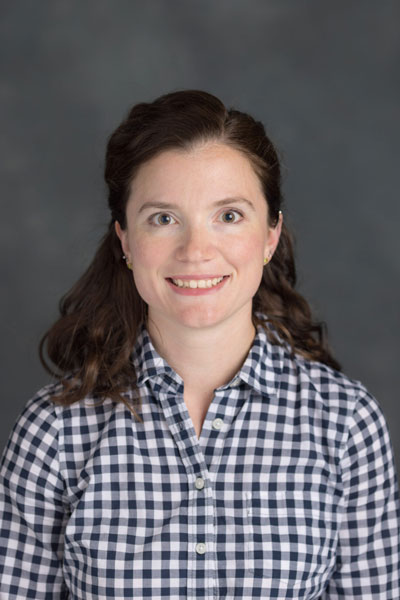
Rebekah Herrman
University of Tennessee, KnoxvilleRebekah Herrman is an Assistant Professor in the Industrial and Systems Engineering department at the University of Tennessee Knoxville. She received her PhD in mathematics in 2020 from the University of Memphis with a focus in combinatorics. While there, she studied graph theory games and optimization problems on graphs. She is a class of 2022 DARPA FORWARD Riser, a 22-23 APS Career Mentoring Fellow, and her work is currently supported by the National Science Foundation. Aside from graph theory, her current research interest is quantum machine learning applied to combinatorial optimization problems.

Hyeok Kim
University of WashingtonHyeok Kim is a Postdoc at the Paul G. Allen School of Computer Science & Engineering, University of Washington. His research aims at bringing complicated computing technologies to creators, developers, and designers with varying levels of expertise. His work has introduced novel techniques for designing data visualizations on multiple device types, creating data sonification, and programming for quantum computing. His work has been published at top visualization and HCI venues, including ACM CHI, CSCW, IEEE VIS, and EuroVis. Hyeok holds his Ph.D. in Computer Science from Northwestern University, an M.A. in Communication, and a B.A. in Linguistics from Seoul National University.
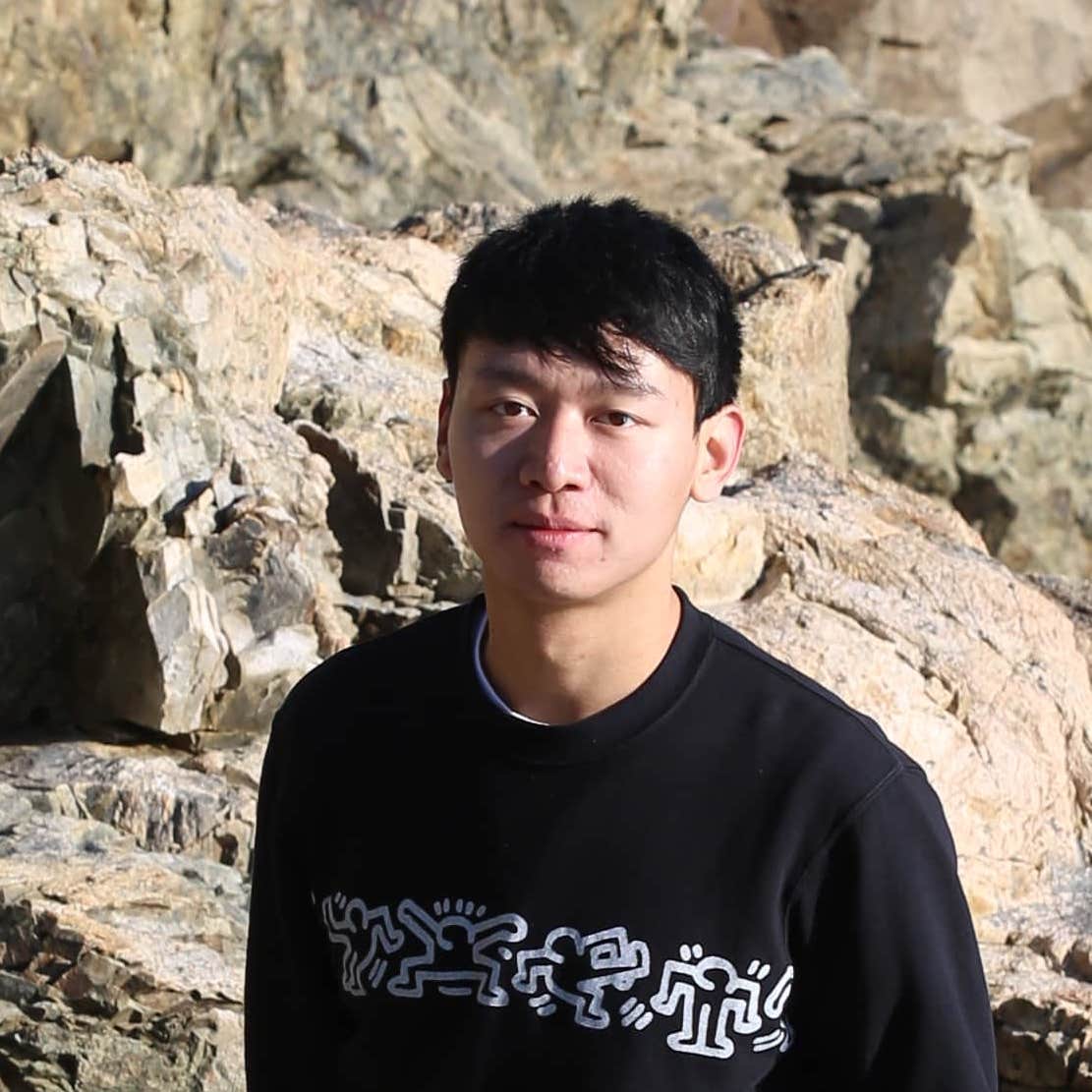
Jiaqi Leng
University of California, BerkeleyJiaqi (Jimmy) Leng is a Simons Quantum Postdoctoral Fellow at Simons Institute for the Theory of Computing at UC Berkeley. His research focuses on the interplay between machine learning and quantum computation. He designs quantum algorithms inspired by core principles in modern ML, such as optimization, sampling, and differentiable programming. To make these algorithms practical, he builds scalable and automated toolchains for their simulation and deployment on current and near-term quantum computers. Recently, he is also interested in quantum-inspired methods amenable to large-scale acceleration on today’s classical processors.

Gokul Ravi
University of MichiganGokul Ravi is an assistant professor of Computer Science and Engineering at the University of Michigan. His research focuses on the design of scalable quantum algorithms and architectures, with an emphasis on hybrid quantum-classical optimization, fault-tolerant quantum computing, and near-term quantum error mitigation. He received his Ph.D. in Electrical and Computer Engineering from the University of Wisconsin–Madison in 2020 and subsequently held a postdoctoral position as an NSF CRA/CCC Computing Innovation Fellow at the University of Chicago from 2020 to 2023.
Ruizhe Zhang
Purdue UniversityRuizhe Zhang is an Assistant Professor in the Department of Computer Science at Purdue University. Prior to joining Purdue, he was a Simons Quantum Postdoctoral Fellow at the Simons Institute for the Theory of Computing, UC Berkeley. He completed his Ph.D. at UT Austin in 2023. He is broadly interested in theoretical computer science. His current research focuses on algorithmic problems in quantum computing, optimization, and machine learning theory, with applications to scientific computing and engineering.
